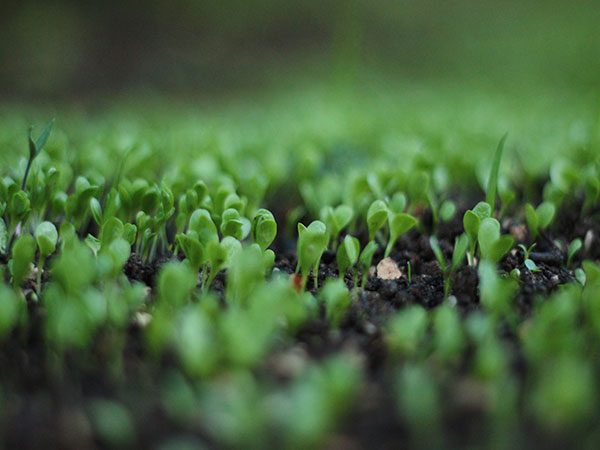In search of greener future: Bhutan's journey towards organic sustainability
Bhutan made a brave decision in 2019 to start an ambitious project to become the first totally organic country in the world by 2020. The goal was to strengthen robust organic farming techniques, promote a sustainable agricultural system, and protect the environment for future generations.

- Country:
- Bhutan
Bhutan made a brave decision in 2019 to start an ambitious project to become the first totally organic country in the world by 2020. The goal was to strengthen robust organic farming techniques, promote a sustainable agricultural system, and protect the environment for future generations, The Bhutan Live reported. As a result of the complexity of this transformative transition, the pledge, which was originally announced through the National Organic Flagship Programme (NOFP) under the umbrella of the National Organic Programme (NOP), was postponed to 2035.
After more than four years, concerns about the accomplishment of this objective have surfaced. The projected growth in organic production, employment opportunities, business development, and the goal of import substitution are all surrounded by uncertainty. Some people have even suggested that the NOFP might be shut down, The Bhutan Live reported. The Bhutan Live covers Bhutan news, politics, Bhutan culture, Bhutanese Buddhism and more, for a unique understanding of the Himalayan region.
However, Yeshey Penjor, Agriculture and Livestock Minister, insists that both programmes have undergone strategic development. The government revised its funding allocation in response to the pandemic's demands, allocating Nu 650 million for the NOFP instead of the Nu 1 billion that was originally anticipated. According to a programme official, the NOP's financial information remains undisclosed. The objectives of this strategic realignment are to boost organic production, its marketing, the development of organic regulatory frameworks, and the encouragement of sustainable livelihoods.
According to Kesang Tshomo, advisor at the Organic Sector Development, NOFP, the 100 per cent organic target encompassed food crops, livestock, and forest produce, all of which were integrated under a thorough plan and investment strategy. Unfortunately, the required investments didn't come through until 2020. According to Tshomo, the first phase was primarily focused on developing educational and advocacy materials, creating a favourable environment, training personnel and farmers, and developing rules, specifications, and certification criteria for both farmers and the business sector, according to The Bhutan Live.
Bhutan invested Nu 97 million between 2019 and 2020, which led to the manufacture and sale of 1,418 metric tonnes of commodities worth Nu 167 million inside its boundaries. With a budget of Nu 377 million set aside, the number of organic goods was reduced from 12 to just three—buckwheat, ginger, and turmeric—in light of the pandemic.
Currently, it involves 696 farmer organisations and 110 agricultural cooperatives in organic marketing and production around the nation. According to the Department of Marketing Cooperatives, these comprise 23 agricultural cooperatives and 415 agricultural farmer organisations. Looking ahead, the ministry plans to, among other strategic efforts, strengthen technical support through research and technology development, improve the capability for organic regulation and certification to match international criteria, and accredit the Bhutan Organic Guarantee system.
Notably, Bhutan has just joined the Geographical Indication programme, which aims to protect the products' unique characteristics, place of origin, and organic certification, as reported by The Bhutan Live. The path to organic sustainability is not without obstacles. The inability to obtain certification still prevents access to export markets. In comparison to organic milestones, Kesang Tshomo emphasises the importance placed on food security, highlighting the necessity for help from the public and the government to meet national goals.
Only four products in Bhutan currently have international certification: blue pine essential oil, edible flowers, ginger, and lemon grass oil. In addition, 65 products have the Bhutan Organic Standard certification. However, Singapore is the only country that accepts these certifications from the Bhutan Food and Drug Authority for current exports.
Farmers have yet to gain from organic certification and premiums, according to Tshomo. They bear the full financial responsibility for certification. Bhutan wants to gradually phase out the use of dangerous chemicals in agriculture in line with its organic agenda. Even though fertilisers and pesticides are being imported to assure food security and revenue production for essential crops, allegations of chemical abuse loom large. The Bhutan Food and Drug Authority, the National Plant Protection Centre, and the National Soil Services Centre are in charge of overseeing the distribution and supply of chemicals, The Bhutan Live reported. (ANI)
(This story has not been edited by Devdiscourse staff and is auto-generated from a syndicated feed.)










